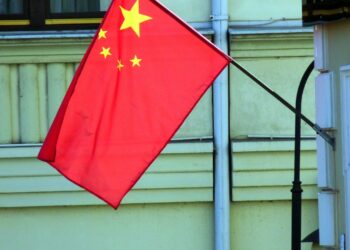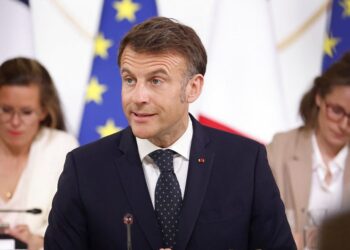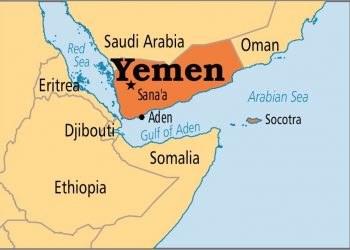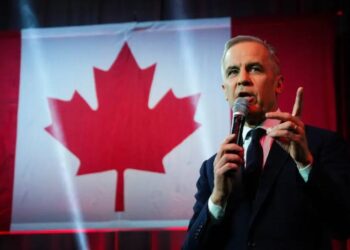Masdar City in Abu Dhabi, UAE, is set to introduce the region’s inaugural net-zero energy mosque, marking a significant milestone in sustainable construction. Mohamed Al Breiki, the executive director of sustainable development at Masdar City, emphasized the project’s importance, especially during COP28. The mosque, part of Masdar City’s broader sustainability initiatives, aims to transcend its role as a place of worship, becoming a cultural, spiritual, and environmental journey for the community in UAE.
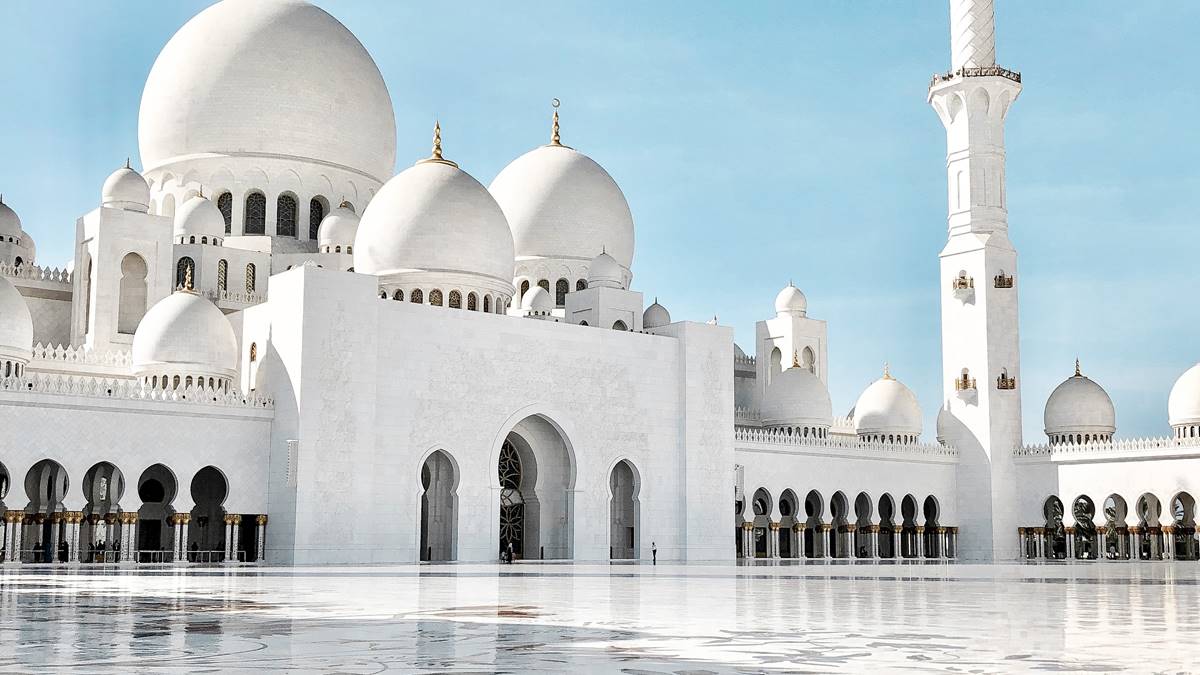
Scheduled to commence construction next year, the 2,349 sqm mosque with a capacity for 1,300 worshippers will utilize on-site photovoltaic (PV) panels covering 1,590 sqm to generate 100% of its energy needs annually. Masdar City envisions this project as a trailblazer, setting a new industry standard for eco-friendly houses of worship through a groundbreaking design that seamlessly blends environmental preservation, cultural heritage, and community integration.
Lutz Wilgen, Masdar City’s head of design, highlighted the city’s commitment to environmentally conscious practices, stating that “touching the earth lightly” is at the core of their ethos. The mosque’s energy efficiency is underscored by a 35% reduction in total energy requirements compared to international baselines, achieved through passive design principles that respond to environmental conditions.
The multi-faceted design incorporates rammed earth for insulation in the main structure, tiered windows on the roof for natural light patterns, and outdoor colonnades offering shade during transitions from outdoor to inner spaces. Wilgen emphasized the holistic approach, integrating environmental, social, and economic sustainability into the mosque’s design.
The project aligns with Masdar City’s commitment to waste reduction, aiming to divert at least 70% of construction waste from landfills while utilizing local and recycled materials to minimize costs and carbon footprint. Water conservation measures, such as low-flow fixtures, drought-resistant landscaping, and recycled water for irrigation, will reduce water usage by 55%.
In addition to securing a zero-energy rating from the International Living Future Institute, the mosque aims for Leed Platinum certification, the highest international green building accolade, as well as Estidama 4-Pearl, the UAE’s highest green building certification. It also targets a Well Gold rating, prioritizing occupant well-being.
Masdar City’s commitment to net-zero energy extends beyond the mosque, with other projects like NZ1, the country’s inaugural net-zero energy commercial building, and upcoming net-zero energy commercial and residential buildings, showcasing the city’s dedication to sustainable urban development.

